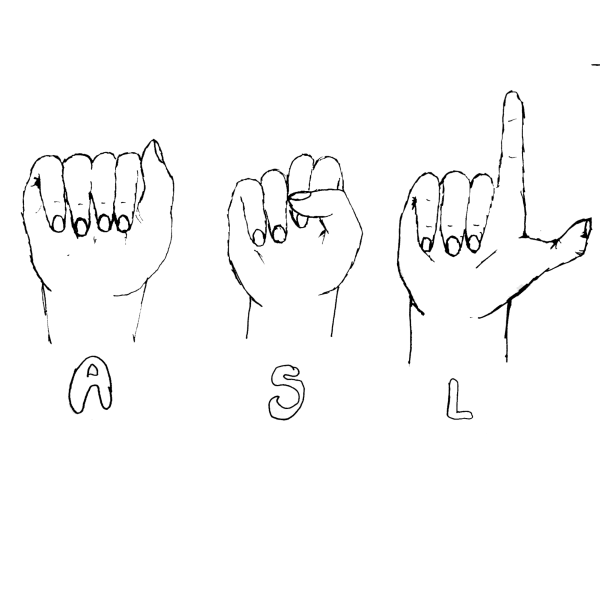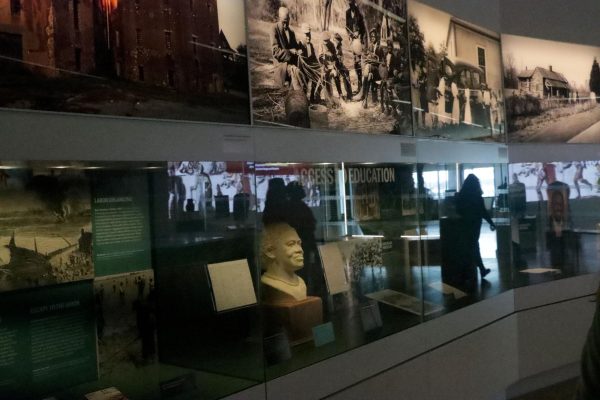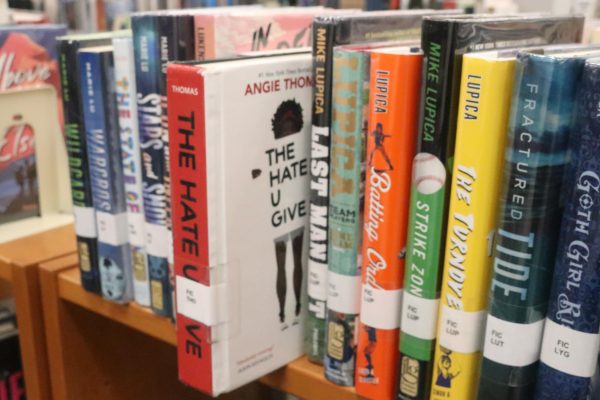OPINION: Book bans are holding education back
“Wars have been fought against nations which hate books and burn them. If you are an American, you must allow all ideas to circulate freely in your community, not merely your own.” -Kurt Vonnegut in a 1973 letter to the Drake School Board, following the burning of 32 copies of his book, “Slaughterhouse-Five”
When I was 11 years old, my mom bought me a copy of “The Hunger Games” for my sixth grade summer reading. It quickly became my favorite series. In the four years since, I have not turned into a troubled teenager. I have never gotten into a fight, or even gotten suspended from school. I have never cursed at an authority figure, and I have only grown closer with my family. My peers who have read the books can say the same.
However, according to several school districts throughout the U.S., I am an astonishing anomaly. “The Hunger Games” was challenged or banned from public schools 348 times in 2010 alone, with complaints filed for many reasons. Critics said it was anti-ethnic, anti-family, used offensive language, and encouraged/included violence, atheist viewpoints, sexuality, and even occult/satanism. It is No. 12 on the American Library Association’s top 100 banned and challenged books from the past decade.
Book banning has occurred in the United States for centuries, with the first reported incident taking place in 1637. However in the past few decades, the subject has turned into a heated debate. Droves upon droves of books have been challenged or banned, a disproportionate number being ones that offer social commentary, or discuss controversial topics. In 1959, a picture book titled “A White Rabbit’s Wedding” was removed from general circulation in Alabama public libraries. It was believed to be subliminally promoting interracial marriage. But banning books not considered to be “agreeable” (i.e white, christian and straight) is still going strong to this day. Nine of the top 10 banned books in 2021 are due to either LGBTQIA+ topics or topics regarding race.
Despite the statistics, some could argue that “controversial” subject matter aside, these books contain sexual or violent themes. To that, I implore them to look towards another famous book: the Bible. Prohibiting the Bible from public schools has been discussed more and more following the rise in book bannings. Critics of the bannings argue that in accordance with proponents’ own beliefs, the Bible should be removed from public schools. It includes themes such as slavery, rape, genocide, sexism, violence, and incest. So far, the religious text has been challenged, but has only faced temporary bans.
Caligula, Tomas de Torquemada, King George III, Adolf Hitler, Vladimir Putin, and the Taliban. All of these so-called “leaders” have two pertinent things in common. They have all executed book burns or bans, and they are all history’s villains. All of them, when in a position of power, chose to restrict the basic human right guaranteeing freedom of knowledge and expression.
In the United States, the first amendment guarantees freedom of speech. Logically, when schools halt books from circulation in their classrooms, they are encroaching on the author’s first amendment right. So why do some consider it to be OK?
As shown above, books expressing non-traditional viewpoints are disproportionately banned as opposed to ones that do. If we limit a developing person’s viewpoint, we are essentially stripping them of their right to self-expression and individuality. The wonderful thing about free thought is that we all have it. We develop our own opinions, and a sense of right and wrong based on the knowledge we consume.
However, we cannot develop new ideas or opinions if we are consistently pushed back into the old ones. Banning books, any books, whether it be the Bible or “Gender Queer” by Maia Kobabe is inherently wrong, and is indicative of a controlling government body that supports conformity. As educational bodies, public schools must cease the banning of books in order to be successful in their own goal of educating and preparing young minds for the diverse and non-conforming reality of the world.
Your donation will support the student journalists of Richland Northeast High School. Your contribution will allow us to attend conferences, purchase equipment and cover our annual website hosting costs.

Caroline Brandes is a junior at Richland Northeast High School, where she is involved in Convergence Media Program and the school's Mock Trial team. She...







Iris • Aug 8, 2023 at 11:25 AM
So true, can’t believe the lengths people will go to enforce their own values onto the world around them when so many people have different ones. Isn’t this country supposed to be built on freedom of speech and religion?